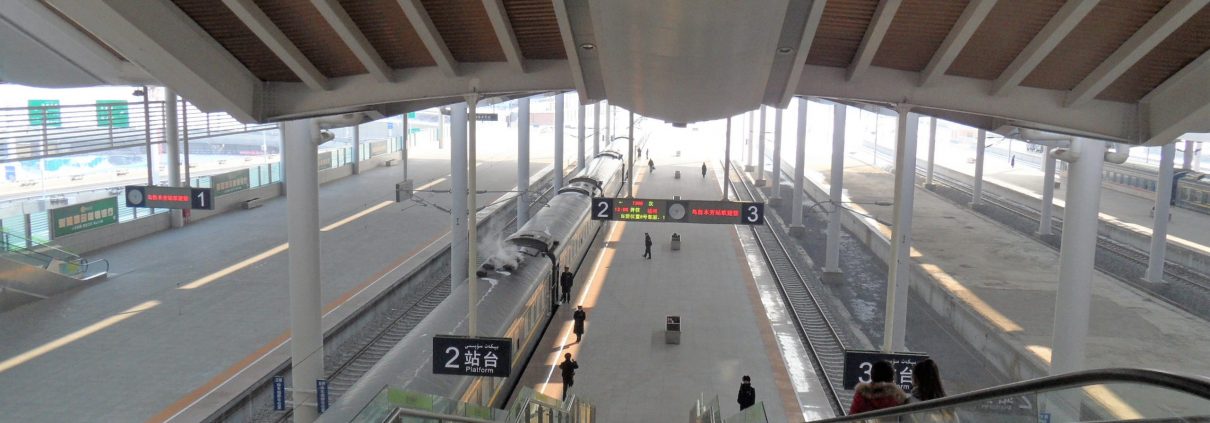XII Study Trip to P.R. China 2016
Beijing, Shanghai, Hong Kong and the Province of Xinjiang
P.R. China Nov 13-26, 2016
On our XII Study Trip to China, the focus is on the Chinese political and economic megatrends in Bejing and Shanghai, as well as for the first time the regional development of the Western Province of Xinjiang.
At more moderate growth rates, the efforts of our hosts to confront popular discontent, due to unequal distribution and unfair advantage, are quite evident. After a variety of high-level conversations, we find it inspiring that Confucian Philosophy can be interpreted through the pursuit of a harmonious society and the power of Homo economicus. Through this lens, China’s efforts to establish itself politically and economically on an international level through a variety of means are clear: targeted foreign investment in technology in Europe; securing resources in Africa; opening markets in the ASEAN region; and regulatory intervention in the domestic market, such as imposing quotas for electric transportation.
Our visit to Kashgar and Urumqi leads us into the autonomous, predominantly Muslim region of Xinjiang Uyghur at the foot of the Tian Shen Mountains, the gateway to Central Asia. Carefully escorted, we investigate the renovated, partially rebuilt Old City in Kashgar, the infrastructural and industrial basis of both cities. Everything has an eye toward improvement, whether it be the Urumqi train station, which makes the Stuttgart 21 look trivial, the industrial district, or the manufacturing plants, still waiting to reach their full capacity. Is this pointless oversizing? Our experienced China travelers point to similar situations in Shanghai ten years earlier. Until now, such skepticism has always been disproven. But with low growth rates and a new US President who defines global trade as a burden imposed directly on the United States, we are once again hard-put to share the optimism of our hosts.

